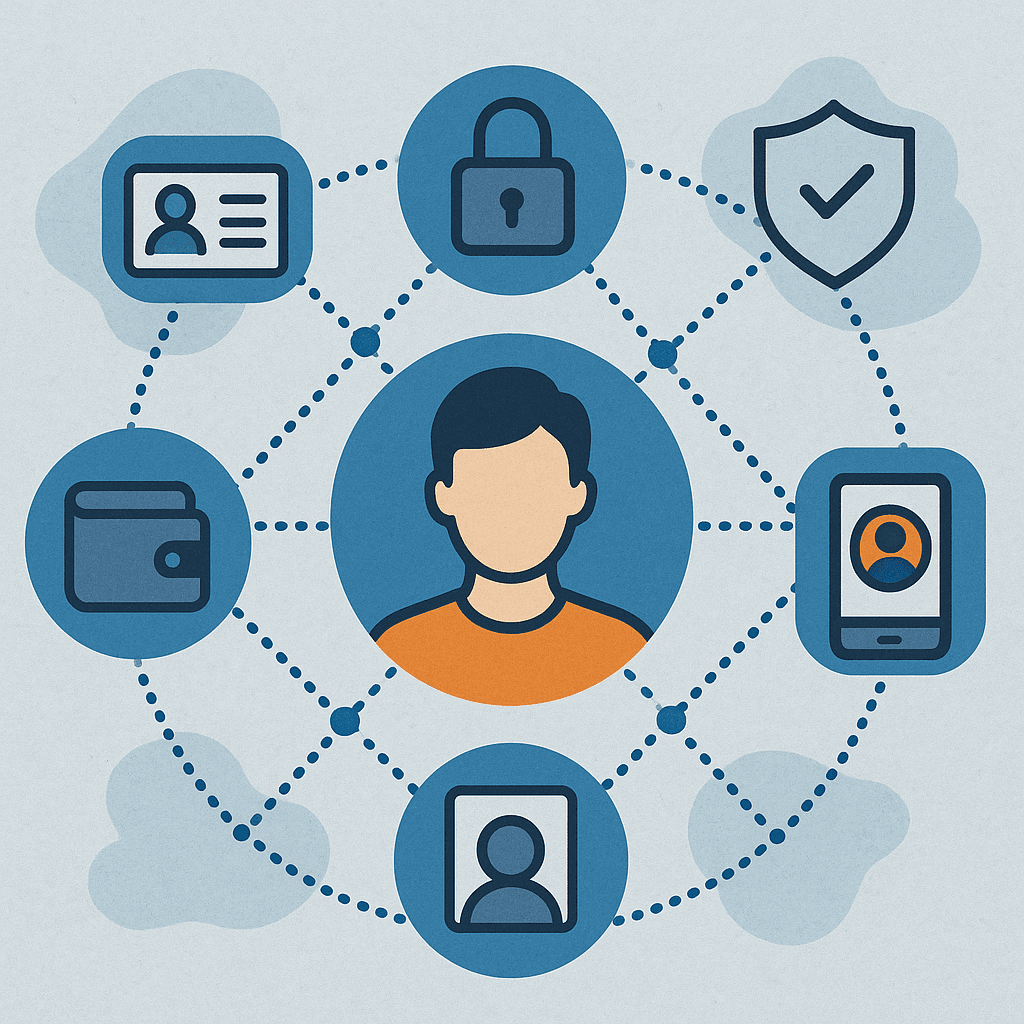The real estate industry, long tethered to paperwork, intermediaries, and high barriers to entry, is undergoing a seismic shift thanks to blockchain technology. As of 2025, the tokenization of real estate assets has surpassed $5 billion globally, unlocking liquidity, democratizing investment, and streamlining transactions. By leveraging blockchain’s transparency and security, platforms like Propy, RealT, and Ubitquity are redefining how properties are bought, sold, and managed in the Web3 era. This article explores how blockchain is revolutionizing real estate, its key benefits, and the future of property markets.
Blockchain in Real Estate: How It Works
Blockchain technology enables real estate tokenization, where properties are converted into digital tokens on decentralized networks. Each token represents fractional ownership, allowing investors to buy shares of a property for as little as $50. Smart contracts, self-executing agreements on blockchain, automate processes like title transfers, escrow, and rent distribution, reducing reliance on intermediaries like brokers or notaries.
Platforms like Propy use blockchain to record property deeds on immutable ledgers, ensuring tamper-proof ownership records. RealT, for example, has tokenized over $500 million in U.S. properties, enabling global investors to earn rental yields via Ethereum-based tokens. These systems integrate with decentralized finance (DeFi), allowing tokenized assets to be used as collateral for loans or traded on exchanges, creating a dynamic, accessible market.
Key Benefits: Liquidity, Transparency, and Accessibility
Blockchain’s impact on real estate lies in its ability to address longstanding pain points. Liquidity is a major advantage—tokenization transforms illiquid assets like properties into tradable tokens, enabling quick sales and fractional investments. This opens real estate to retail investors, who can now access markets previously reserved for high-net-worth individuals. For instance, RealT reports over 200,000 users globally, with properties yielding 8–12% annual returns.
Transparency is another game-changer. Blockchain’s public ledger ensures all transactions, from title transfers to rental payments, are verifiable and secure, reducing fraud risks. Platforms like Ubitquity integrate with local land registries to ensure compliance, while smart contracts eliminate disputes by automating terms. Accessibility also soars, as blockchain enables global participation—investors from Asia can buy tokenized U.S. properties without navigating complex cross-border regulations.
Real-World Applications: From Tokenization to DeFi Integration
Blockchain is already reshaping real estate across diverse applications. Tokenization platforms like Propy facilitate property sales, with over $1 billion in transactions recorded on-chain by 2025. In commercial real estate, firms like Harbor tokenize office buildings, allowing investors to buy stakes in high-value assets. Residential markets are also thriving, with RealT enabling users to purchase fractions of rental properties in cities like Miami or Detroit.
Beyond ownership, blockchain enhances property management. Smart contracts automate rent collection and distribute profits to token holders, as seen in Lofty’s AI-driven platform. DeFi integration takes this further—tokenized properties can be staked in protocols like Aave for additional yields or used as collateral for crypto loans. In emerging markets, blockchain-based land registries, like those piloted in Georgia and Dubai, combat title fraud, securing property rights for millions.
Challenges and the Path Forward
Despite its promise, blockchain in real estate faces hurdles. Regulatory uncertainty persists, as governments grapple with tokenization standards and tax implications. Scalability is another concern—Ethereum’s high gas fees can deter smaller transactions, though Layer-2 solutions like Polygon reduce costs by up to 90%. Security risks, such as bridge exploits, have led to $2 billion in losses since 2020, underscoring the need for robust protocols.
The future, however, is bright. Innovations like zero-knowledge proofs enhance privacy for high-value transactions, while cross-chain bridges improve interoperability. With projections estimating a $16 trillion tokenized real estate market by 2030, institutional players like BlackRock are entering the space, with $500 million in tokenized funds deployed in 2025. As technology and regulations align, blockchain will cement its role as a cornerstone of real estate innovation.
Conclusion: A New Era for Real Estate
Blockchain is not just disrupting real estate—it’s rebuilding it from the ground up. By unlocking liquidity, enhancing transparency, and democratizing access, tokenized properties are making real estate a global, inclusive asset class. As platforms like Propy and RealT scale and institutional adoption grows, the convergence of real estate and blockchain will redefine wealth creation in the Web3 era. Now is the time to explore this transformative shift, as it paves the way for a more efficient, equitable property market.




